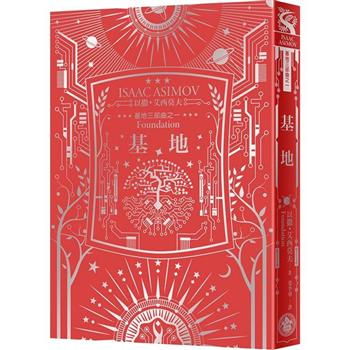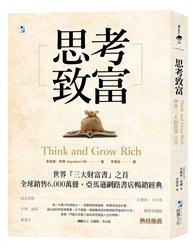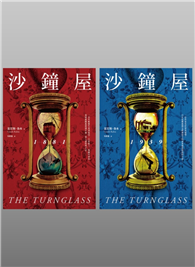Examines the political significance and performativity of elite hunting in sixteenth-century Scotland.
Hunting during the early modern period was not simply a popular form of elite entertainment; it also had an important part in court politics and royal governance. However, little attention has been devoted to it in sixteenth-century Scotland. This study of the role that hunting played in the life of Mary, Queen of Scots, in France and in Scotland, aims both to shed new light on the subject and to provide a new perspective on Mary herself. Drawing on the hunting treatises of Gaston Phoebus and Henri de Ferrières, the histories of Robert Lindsay of Pitscottie and John Lesley, and a wide variety of other literary and visual sources, including letters, administrative records and fieldwork evidence, it reveals the full significance of the hunt in Mary’s life and career. She is shown to be an able and enthusiastic huntress, using this "pastime" to establish herself as a Stewart monarch, demonstrate her royal authority, and, particularly during the later stages of her reign, to attempt to hold together a fractious Scottish aristocracy.| FindBook |
有 1 項符合
Elite Hunting Culture and Mary, Queen of Scots的圖書 |
 |
Elite Hunting Culture and Mary, Queen of Scots 作者:Gilbert 出版社:Boydell Press 出版日期:2024-12-03 語言:英文 規格:精裝 / 244頁 / 普通級/ 初版 |
| 圖書館借閱 |
| 國家圖書館 | 全國圖書書目資訊網 | 國立公共資訊圖書館 | 電子書服務平台 | MetaCat 跨館整合查詢 |
| 臺北市立圖書館 | 新北市立圖書館 | 基隆市公共圖書館 | 桃園市立圖書館 | 新竹縣公共圖書館 |
| 苗栗縣立圖書館 | 臺中市立圖書館 | 彰化縣公共圖書館 | 南投縣文化局 | 雲林縣公共圖書館 |
| 嘉義縣圖書館 | 臺南市立圖書館 | 高雄市立圖書館 | 屏東縣公共圖書館 | 宜蘭縣公共圖書館 |
| 花蓮縣文化局 | 臺東縣文化處 |
|
|
圖書介紹 - 資料來源:博客來 評分:
圖書名稱:Elite Hunting Culture and Mary, Queen of Scots
|










